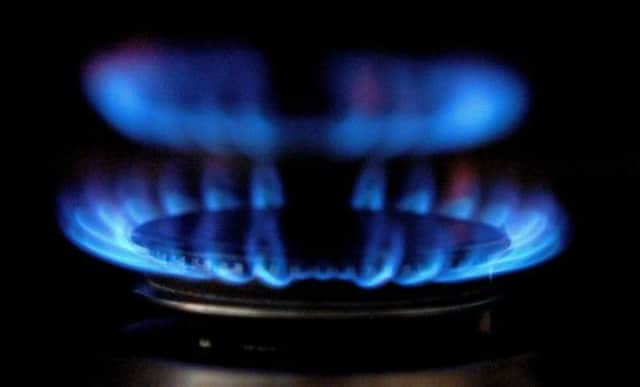Scots rural households face living standards fight


The higher living costs in remote mainland and island households are putting the future of such communities in danger, the Highlands and
Islands Enterprise (HIE) research warned.
The study revealed that rent and minimum household budgets range from £320 per week for a single adult in a remote mainland town to £672 for a couple with a family in an island settlement.
Advertisement
Hide AdAdvertisement
Hide AdFor pensioners living in remote mainland Scotland towns, the cost is just over 10 per cent higher than in rural towns or urban areas elsewhere in the UK.
For singles or couples with children in remote small settlements, it is 30-40 per cent higher than in urban England and 10-15 per cent higher than in small English settlements.
However, the report also confirms that social interventions already being made by public bodies are having a positive impact. Lower rents and council tax bills in comparison with England, subsidised transport and free prescriptions and eye tests are all helping to contain costs.
The Minimum Income Standard research was carried out in three rural areas – the Highlands, the islands and southern Scotland. The study looked at living costs in towns such as Lerwick, Wick, Campbeltown and Stornoway, as well as in small settlements, and compared them with English urban areas.
The report said: “Typically, the minimum cost of living in remote rural Scotland ranges between 10 per cent and 40 per cent more than the equivalent in urban Britain.
“The cost of living in a rural town is consistently more expensive in remote Scotland than in England, by up to 25 per cent.
“These high living costs threaten the sustainability of local communities.”
People in remote rural areas of Scotland require “significantly higher incomes to attain the same minimum living standard as those living elsewhere in the UK”, said the report.
Advertisement
Hide AdAdvertisement
Hide AdThe minimum wage “only produces about two-thirds of a minimum income for a single person living in remote rural Scotland”, the report said.
People living in remote areas have to pay more for many goods including food, household items, petrol and clothing. They also endure “significant additional costs” because they often have to travel further to get to work, the report said.
Alastair Nicolson, HIE’s head of planning and partnerships, said: ““People choose to live in remote rural locations for many different reasons, in particular a higher quality of life. The benefits of this can sometimes counteract the higher costs, but we are keen to see what else we can do to make living in these areas more sustainable and attractive.”
Di Alexander, Chairman of the Rural and Islands Housing Associations Forum said: “The housing-related lessons are clear – rural and island communities need more, better quality homes which ordinary households can afford to rent and run.”